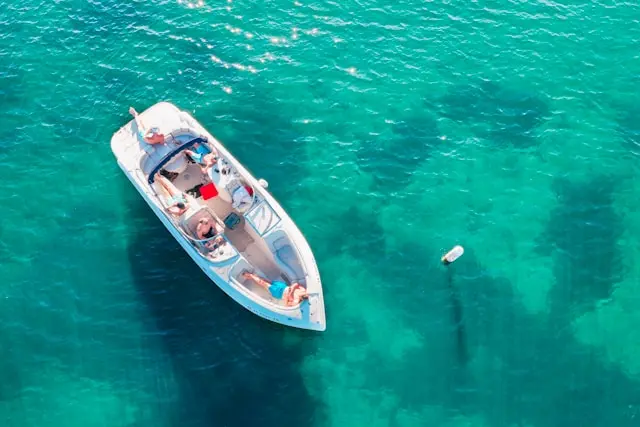While boating is a fun and exciting activity, it is a responsibility that should be taken seriously. Responsible boating involves adhering to essential safety tips and rules.
These include making a float plan, wearing a life jacket, and having emergency equipment on board. These tips are easy to follow and will help ensure a safe, stress-free experience on the water.
Know the Rules of the Water
Like driving on the road, boating rules must be followed to keep everyone safe. These include rules regarding right-of-way, courtesy of other vessels, audible and visible signals, anchoring, and docking.
When meeting another vessel, whether a crossing, head-on, or overtaking situation, there is a pecking order to determine who has the right of way. It can be complicated, but it is essential to know.
Paddle craft and sailboats not under power have the right of way over power boats. However, the situation can change based on conditions and vessel types. Always give the other vessel plenty of room and time to alter course if needed.
Make a Float Plan
A float plan is a way for you to let someone know where you’re going on a boating excursion and when you expect to return. If something goes wrong, the person you file your float plan with (a friend, family member, marina manager, or other trusted party) will know where you’re supposed to be and can notify authorities.
Float plans can be as simple as an old-fashioned handwritten note, but most boasting agencies and safety organizations offer templates to help you. You can also download apps, making submitting your float plan electronically accessible. The more information you include, the better.
Wear a Life Jacket
The most common reason for boating accidents is human mistakes. Make sure the life jackets on you and your passengers are in good working order. Enroll in our website free boating safety course to learn about the regulations and your responsibilities. Ensure your boat has emergency supplies, including fire extinguishers, first aid kits, and flares.
Continuously operate your boat at safe speeds and keep a proper distance from other vessels. Know the local boating laws, such as operating in no-wake zones and at reduced speed in congested waters or at night. Respect navigational aids, such as buoys and lights. They indicate the location of water hazards, channels, and safe routes.
Keep an Eye on Your Passengers
It is your duty as a boat operator to ensure the security of your passengers. While avoiding distractions like cell phones is essential, having your passengers stay alert and aware of their surroundings is equally as crucial.
For example, they should know where the life ring and fire extinguisher are in an emergency. They should also be familiar with the location of the boat’s horn and how to use it.
Ask a passenger to stand at the bow with a life jacket to be your eyes and ears on the water. It allows them to spot swimmers, floating docks, and local hazards hidden in the fog.
Know the Local Boating Laws
Every body of water has different boating laws that you must follow to ensure your and other’s safety on the water. Understanding and following these rules is imperative to enjoying safe and enjoyable power boating trips!
Continuously operate at a safe, controlled speed for your conditions and the vessel you operate, especially in congested areas or during restricted visibility.
Never operate a boat under the influence of alcohol or drugs. These substances impair judgment and coordination and significantly increase the risk of accidents. Make sure your horn is on, and your distress signal is active.
Don’t Distract Yourself
More people than ever are enjoying the thrill of boating and other water sports. However, as with any motor vehicle activity, there are risks, and proper safety precautions are essential.
National statistics show that operator inattention and improper lookout combined account for between 22 and 24 percent of boating accidents yearly. Texting and other electronic distractions are a significant part of this problem, but eating/drinking, talking to passengers, and adjusting the stereo are also common causes of accidents on boats.
By understanding and practicing these essential tips, you can ensure that every trip on your power boat is fun and incident-free.

